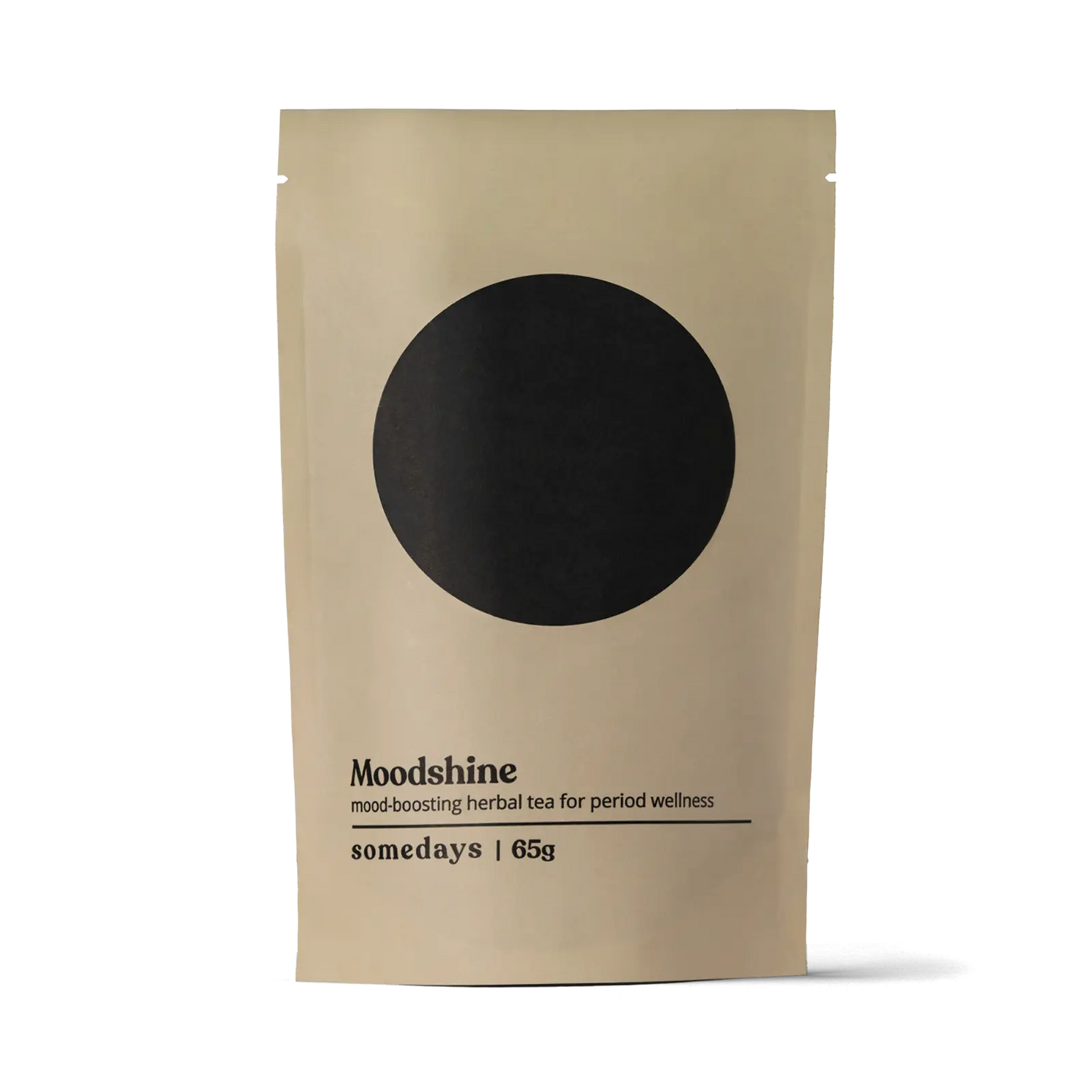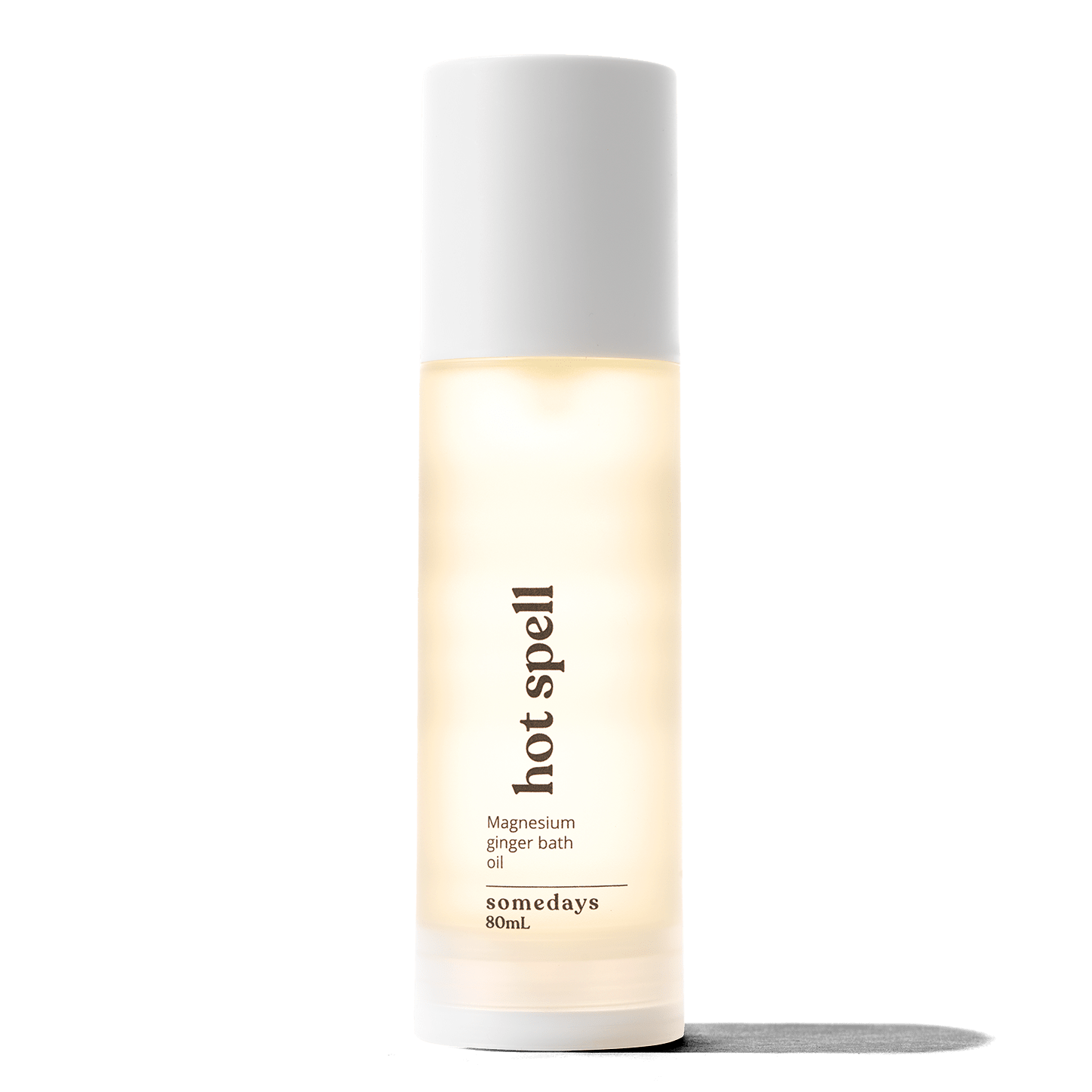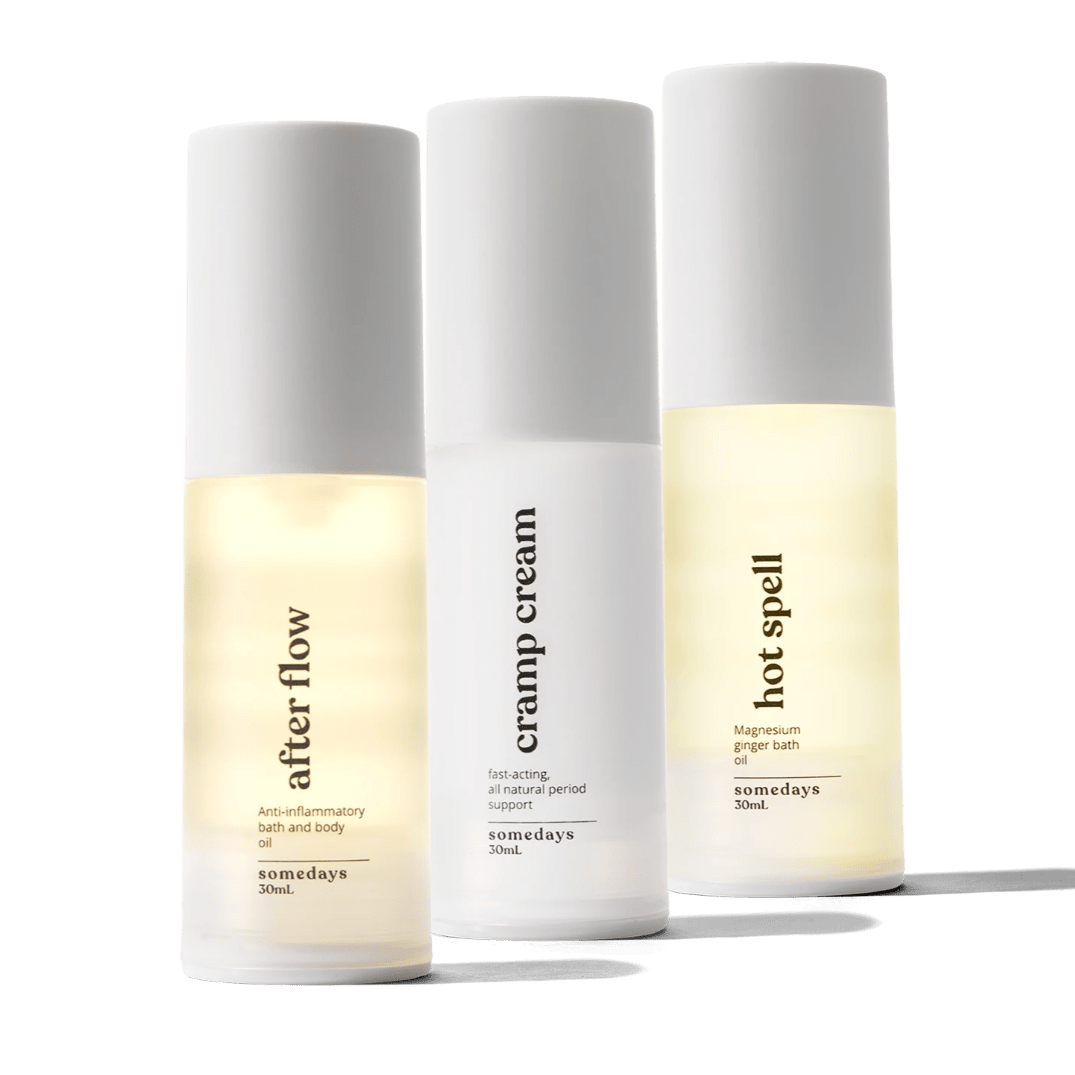Foods to Eat and Avoid for Endometriosis Symptom Relief

Living with endometriosis can feel like a constant battle against pain and discomfort. What you eat significantly impacts how your body manages these symptoms. By making mindful choices about the foods you eat you can help reduce inflammation and alleviate some of the pain associated with endometriosis.
Understanding Endometriosis and Diet
Endometriosis is a condition where endometrial-like tissue starts growing outside the uterus, causing inflammation, pain, and sometimes fertility issues. While there’s no cure, managing endometriosis symptoms through food is an effective strategy many people have found helpful.
Foods can either fuel inflammation or help fight it, and knowing the difference can make a load of difference. So, let’s look at how you can manage your endometriosis symptoms by eating anti-inflammatory foods (and supplements) tailored to support endometriosis.
Understanding the Impact of Food on Endometriosis
Foods can influence inflammation levels and hormone balance in your body, which directly affects endometriosis symptoms. For instance, a diet high in trans fats, commonly found in fried and processed foods, has been linked to higher rates of endometriosis. Similarly, excessive consumption of red meat and gluten may exacerbate symptoms due to their inflammatory properties.
On the other hand, adopting a diet rich in fibrous foods like fruits, vegetables, and whole grains can help reduce inflammation and support overall health. These foods provide essential nutrients and antioxidants that combat inflammation, potentially easing the pain associated with endometriosis.
It’s important to note that these foods are great to reduce inflammation but everybody reacts differently and this is just a general rule of thumb. When you are in an endometriosis flare-up and already feel like you are filled to the brim with bloat and gas, these gassy foods may feel like the culprit. Try to introduce them before you’re in a flare-up and see how your system deals with them.
Navigating Food Choices: What to Eat and Avoid
Avoid or limit foods that can exacerbate inflammation and hormonal imbalance, such as alcohol, caffeine, red meat, and foods high in saturated fats. Instead, focus on incorporating:
- Fibrous foods: Fruits, vegetables, legumes, and whole grains.
- Iron-rich foods: Dark leafy greens, beans, fortified grains, nuts, and seeds.
- Essential fatty acids: Salmon, sardines, walnuts, chia seeds, and flax seeds.
- Antioxidant-rich foods: Berries, dark chocolate, spinach, and beets.
Foods to Help Manage Endometriosis Flare-Ups
Certain foods can be particularly beneficial in managing endometriosis flare-ups by reducing inflammation and supporting overall health. These include:
- Leafy greens: Packed with vitamins and minerals, leafy greens like spinach and kale can help reduce inflammation.
- Berries: Rich in antioxidants, berries like blueberries and strawberries can combat oxidative stress and inflammation.
- Nuts and seeds: Almonds, walnuts, chia seeds, and flax seeds provide essential fatty acids that can help manage inflammation.
- Fatty fish: Salmon, mackerel, and sardines are excellent sources of omega-3 fatty acids, which have anti-inflammatory properties.
- Herbal teas: Some herbal teas can be super helpful with soothing menstrual pain and reducing inflammation. Nettle teas are very anti-inflammatory and chamomile, mint, and ginger can be calming on the digestive tract. Red raspberry leaf tea, in particular, is known for its potential to tone the uterine muscles and alleviate cramps.
Supplements for Endometriosis Management
In addition to balancing your food choices, certain supplements may complement your treatment plan:
- Vitamin E and C: Studies have shown that supplementation with vitamin E and vitamin C can reduce chronic pelvic pain and inflammation in people with endometriosis.
- Zinc and Vitamins A, C, and E: These supplements have demonstrated benefits in reducing oxidative stress and enhancing antioxidant levels in people with endometriosis.
- Curcumin: Found in turmeric, curcumin has anti-inflammatory properties that may help manage endometriosis symptoms by reducing inflammation and estradiol production.
- Vitamin D: Adequate levels of vitamin D have been associated with lower rates of endometriosis. Consider incorporating supplements to boost your intake of vitamin D, calcium, and magnesium.
- Omega-3 Fish Oils: Omega-3 fatty acids, commonly found in fish oil supplements, have anti-inflammatory properties that can be beneficial for those with endometriosis. They help reduce inflammation and may alleviate some symptoms associated with the condition. If your meal plan lacks omega-3-rich foods like salmon, sardines, and flaxseeds a supplement can be extremely helpful.
Personalized Approach and Considerations
Remember, there’s no one-size-fits-all approach to managing endometriosis through diet and supplements. Keep a food journal to track how different foods affect your symptoms. An elimination diet - where you remove certain food groups for a month and then re-introduce them to see how your body reacts - is one of the most helpful tools in learning if foods are triggering or helping your endometriosis flare-ups. Sadly, it is often the foods, or drinks we consume often that are the triggers for our inflammatory responses. Consider consulting with a practitioner who specializes in anti-inflammatory diets to help tailor a meal plan to meet your specific needs and preferences.
Do Your Research
Educate yourself about endometriosis and how different foods and lifestyle changes can impact your symptoms. The more you know, the better equipped you’ll be to make informed decisions about your health.
Managing endometriosis through food is a powerful tool that can help alleviate symptoms and improve your quality of life. By focusing on anti-inflammatory, fiber-rich, and lean protein foods, while avoiding red meat, dairy, refined sugars, and caffeine, you can take steps to potential help to decrease your pain. Don’t forget to stay hydrated, incorporate light movement into your routine, and consider using topical products for added relief.
We understand the challenges of living with endometriosis because our founder, Lux, has walked that path for over a decade. We’re here to support you with natural products and holistic approaches to managing endometriosis flare-ups and period pain. Remember, you’re not alone on this journey. With the right self-care strategies, you can find relief and embrace a more pain-free life.
Join our Betterdays community - a weekly newsletter where we break down the latest (TLDR) news, research and breakthroughs related to your reproductive health—with a splash of humour to get you through the tough days.
Previous Article All Articles Next Article
All Articles


